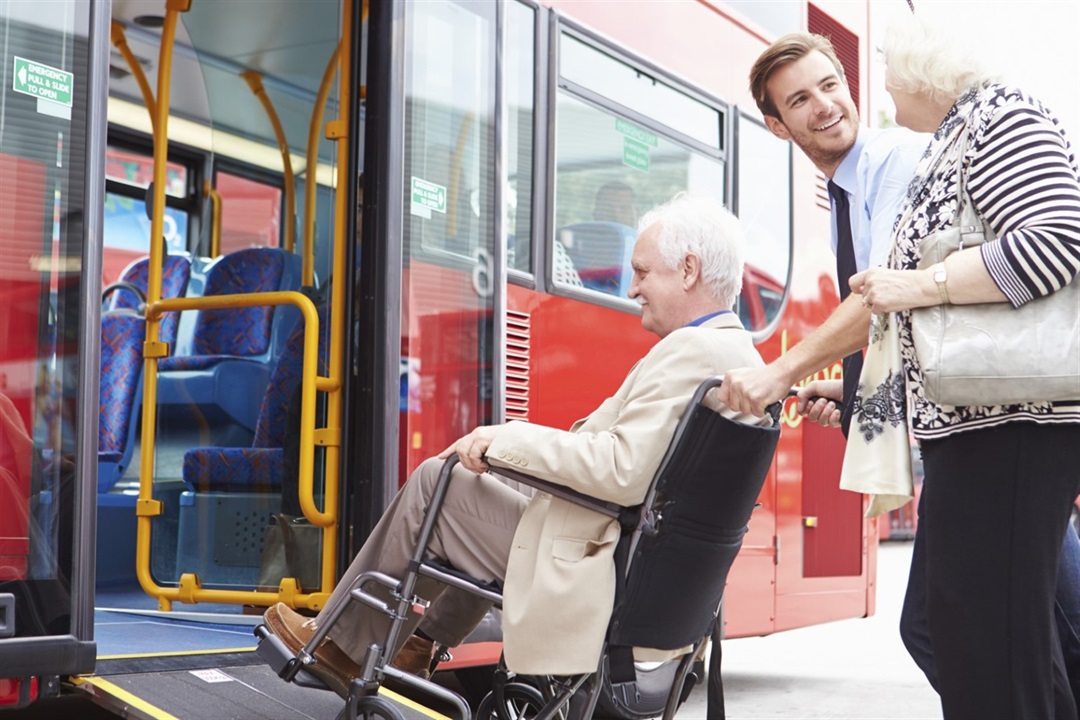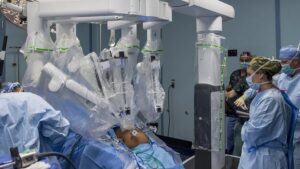
Disability services Tweed Heads are programs and supports that assist people with disabilities in leading independent, productive, and integrated lives. These services can take many forms, depending on the needs of the individual, and may include medical and therapeutic care, assistive technology, personal assistance, transportation, and vocational training, among others.
The provision of disability services is an important aspect of ensuring that people with disabilities have the same opportunities as those without disabilities. It helps to level the playing field and allows people with disabilities to fully participate in their communities.

One of the key elements of disability services is the provision of assistive technology. This can include devices such as wheelchairs, hearing aids, and adapted computer equipment, which help people with disabilities to communicate, access information, and move around their environments.
Another important aspect of disability services is personal assistance. This can take the form of help with activities of daily living, such as bathing, dressing, and cooking, as well as more specialised support, such as therapy or nursing care. Personal assistance can be provided in the home or in a community setting, depending on the needs and preferences of the individual.
Vocational training is also an important component of disability services. This can include job skills training, job placement assistance, and ongoing support to ensure that people with disabilities are able to maintain employment.
In addition to these more specialised services, disability services may also include transportation assistance and accessible housing. These services help people with disabilities to get to work, school, and other important destinations, and to live in homes that meet their needs.
Overall, disability services play a crucial role in helping people with disabilities to lead full, independent lives. By providing the necessary supports and accommodations, these services allow people with disabilities to fully participate in their communities and to achieve their goals and aspirations.

The benefits of NDIS
The National Disability Insurance Scheme (NDIS) is an Australian government-funded program that provides support and assistance to people with disabilities. The NDIS aims to help people with disabilities to live more independently and to participate fully in their communities.
There are several benefits of the NDIS for people with disabilities and their families:
- Individualised support: The NDIS allows people with disabilities to choose the supports and services that best meet their individual needs and goals. This can include things like assistive technology, therapy services, and personal care.
- Increased choice and control: The NDIS gives people with disabilities and their families greater control over the supports and services they receive. They can choose their own providers and have a say in the design of their support plan.
- Improved access to services: The NDIS aims to increase access to disability-related supports and services, particularly in regional and remote areas. This can help to reduce the barriers that people with disabilities may face in accessing the supports they need.
- Enhanced opportunities for participation: The NDIS provides funding for a range of activities and supports that can help people with disabilities to participate more fully in their communities. This can include things like employment support, community participation programs, and leisure and recreational activities.
- Greater financial security: The NDIS can provide financial assistance to people with disabilities to help them meet the extra costs associated with their disability. This can include funding for equipment and assistive technology, home modifications, and transport.
Overall, the NDIS aims to improve the lives of people with disabilities by providing the necessary supports and assistance to help them live independently and participate fully in their communities.






